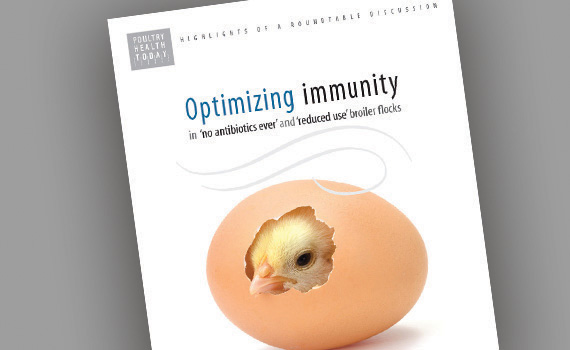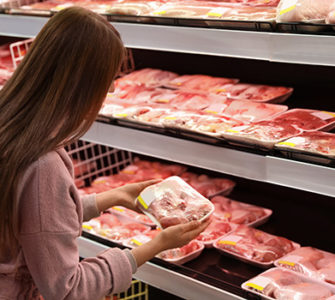Specialists share tips for optimizing immunity in ‘no antibiotics ever’ and ‘reduced use’ broiler flocks
The growing trend toward “no antibiotics ever” and “reduced use” production systems has prompted poultry companies to rethink their traditional disease-management practices.
“When flocks are raised with few or no antibiotics, they’re naturally more susceptible to diseases caused by primary or secondary infections,” said Jon Schaeffer, DVM, director of poultry technical services for Zoetis.
“This has presented a huge challenge for poultry veterinarians.”
More ‘staying power’
Making refinements in nutrition, stocking rates and housing may help to reduce disease pressure in these production systems.
“But in the end,” Schaeffer added, “finding ways to optimize immunity and give broilers more staying power’ could be the best strategy for maintaining the health and welfare of these birds.”
Roundtable highlights
To help the poultry industry companies meet this goal, Zoetis brought together specialists with expertise in three diseases affecting the broiler’s immune system — infectious bursal disease, Marek’s and reovirus — to talk about what producers can do now to raise the bar for protection and flock welfare.
Poultry Health Today editors covered the session and developed a 36-page booklet with highlights from the discussion. For a free copy, click here.
Posted on July 14, 2018

















